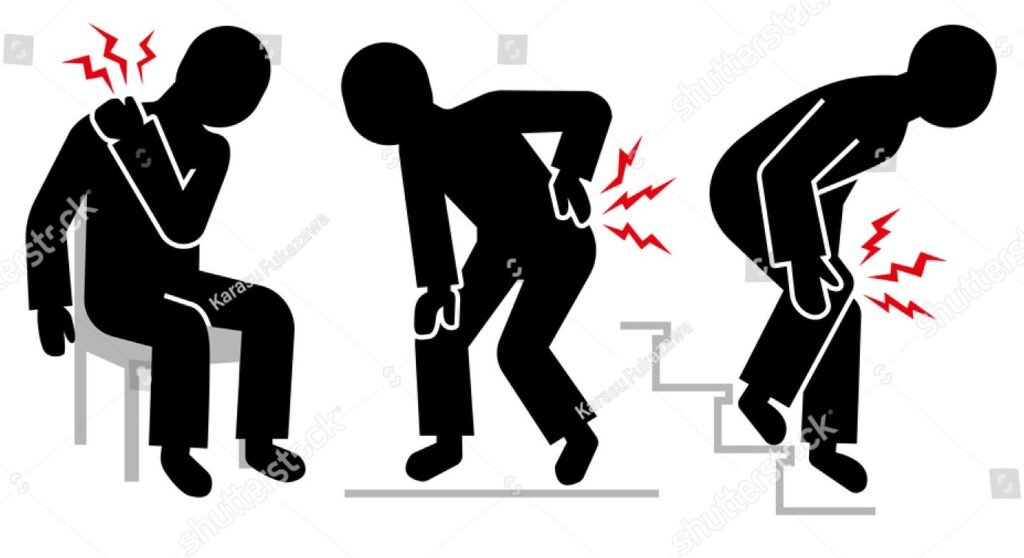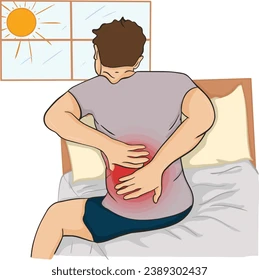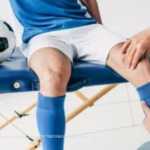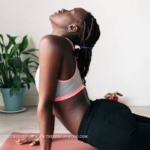Your day shouldn’t start with pain. But for many, it does—every single morning.
You wake up feeling like you’ve aged 30 years overnight. Your back is tight. Your neck won’t turn. Your knees creak. You hobble to the bathroom, move slowly through your routine, and tell yourself, “It’s fine, I just need to warm up.”
So it’s no big deal, right? Just part of getting older?
Wrong.
That morning stiffness is your body begging for help—and it won’t stop on its own. What feels like a minor inconvenience today could become chronic pain and limited mobility tomorrow.
The good news? Morning stiffness is fixable, and addressing it now is far easier than waiting.
Why Do You Wake Up Stiff?
Morning stiffness isn’t random or inevitable. It’s your body signaling that something is wrong with how your muscles, joints, or movement patterns function.
What Actually Happens Overnight

Muscles Tighten Up During 6-8 hours of sleep, already-tight muscles stiffen further. Think of a rubber band twisted for hours—it takes work to return to normal shape.
Joint Fluid Thickens Synovial fluid that lubricates joints becomes thicker overnight and produces less. This makes joints feel stiff until you move enough to stimulate fresh fluid.
Inflammation Accumulates When there’s underlying inflammation, it pools in tissues during immobility, creating swelling and stiffness that’s worst upon waking.
Poor Sleep Posture Creates Strain Your sleeping position can stress certain muscles and joints for hours. Stomach sleeping hyperextends your neck. Poor support strains your back. These nightly positions create chronic tension.
Muscle Imbalances Worsen If you have tight and weak muscles, inactivity makes imbalances more pronounced. Tight muscles seize up further; weak ones can’t support proper movement.
The bottom line? Morning stiffness is a symptom of underlying dysfunction that’s present all day but most obvious after hours of stillness.
The Warning Signs You’re Ignoring
Pay attention if you experience:
- Taking over 30 minutes to “loosen up” after waking
- Needing a hot shower before moving comfortably
- Pain or stiffness in specific areas (lower back, neck, hips, knees)
- Reduced range of motion that improves with movement
- Clicking, popping, or grinding in joints
- Stiffness that’s worsening over time or lasting longer into your day
If three or more sound familiar, your body needs help.
Why “It’s Just Age” Is Dangerous
This belief stops people from seeking help—and it’s wrong.
Yes, age increases risk, but it doesn’t cause inevitable stiffness. Plenty of older adults wake up flexible and pain-free because they’ve maintained good movement patterns and joint health.
Morning stiffness signals dysfunction, not aging. It means your muscles aren’t functioning optimally, joints aren’t moving through full range, or you have inflammation that needs addressing.
What Your Stiffness Is Telling You

Lower Back Stiffness: Weak core, tight hip flexors, poor posture, or disc issues
Neck/Shoulder Stiffness: Forward head posture, weak stabilizers, poor pillow support, or stress tension
Hip Stiffness: Tight hip flexors from sitting, weak glutes, or limited mobility
Knee Stiffness: Tight muscles, tracking issues, or early arthritis
Whole Body Stiffness: Systemic inflammation, deconditioning, chronic stress, or poor sleep quality
How Physiotherapy Fixes Morning Stiffness
Physiotherapy investigates and resolves underlying causes—not just symptoms.
The Physiotherapy Process
Comprehensive Assessment Evaluates range of motion, muscle strength and flexibility, posture, movement patterns, and identifies inflammation or restrictions.
Manual Therapy Joint mobilization, soft tissue massage, myofascial release, and trigger point therapy provide immediate relief while changing tissue quality.
Targeted Strengthening Exercises to correct muscle imbalances, build core stability, and improve joint support.
Mobility Work Dynamic and static stretching, joint mobility exercises, and self-release techniques maintain flexibility.
Posture Correction Optimizing workspace, sleep setup, and daily movement patterns to reduce strain.
Home Programs Morning routines, daily stretches, and self-care techniques for lasting improvement.
Most people see reduced stiffness within 2-4 weeks, with improved mobility, less pain, and better sleep quality.
What You Can Start Today
Morning Routine
Before getting out of bed: Spend 2-3 minutes doing gentle movements—knees to chest, ankle circles, head turns, arm stretches.
Upon rising: Warm shower, 5-10 minutes of stretching, move slowly and mindfully.
Daily Habits
- Move every 30-60 minutes throughout the day
- Maintain good posture during activities
- Stretch before bed (focus on problem areas)
- Optimize sleep environment (supportive mattress, proper pillows)
- Stay hydrated throughout the day
- Consider anti-inflammatory foods
Quick Stretches for Common Areas
Lower Back: Knee-to-chest, cat-cow, child’s pose
Neck/Shoulders: Neck tilts, shoulder rolls, chest stretches
Hips: Hip flexor lunges, figure-4 stretches, hip circles
Hold each stretch 30-60 seconds, breathe deeply, don’t bounce.
When to Seek Help
Consider physiotherapy if:
- Stiffness persists beyond a few weeks
- You’re taking pain medication regularly
- Stiffness is progressively worsening
- Quality of life is affected
- Self-care isn’t providing lasting relief
Don’t wait until it’s debilitating. Early intervention prevents minor dysfunction from becoming major limitation.
The Cost of Ignoring It
Unaddressed morning stiffness leads to:
- Stiffness lasting longer into your day
- More body areas affected
- Avoiding movements and activities
- Muscle imbalances becoming entrenched
- Accelerated joint degeneration
- Chronic pain conditions
- Permanent postural problems
- Significantly declined mobility
Most of this is preventable with early, simple interventions.
Your Morning Should Feel Like a Beginning
Imagine waking up and simply getting out of bed. No groaning. No stiffness. Just normal, comfortable movement.
That’s not fantasy—it’s how your body is meant to function. And it’s achievable.
Morning stiffness isn’t something to accept or tolerate. It’s a solvable problem with a clear path to improvement.
Your body is asking for help. Every day you ignore it is another day of unnecessary discomfort and potential worsening. Every day you address it properly is a step toward pain-free mornings.
The choice is yours: continue hobbling through mornings, or take action to reclaim comfortable movement.





